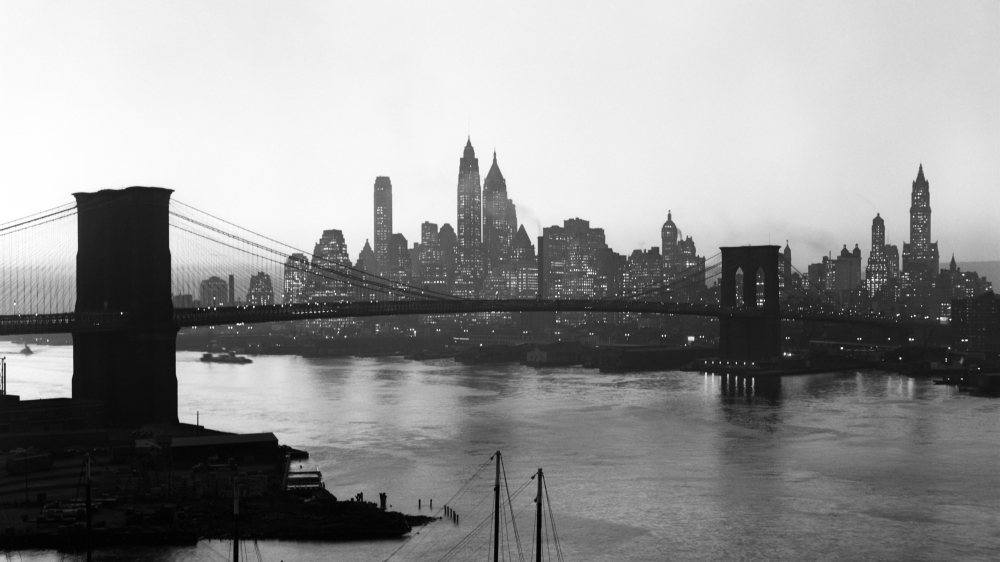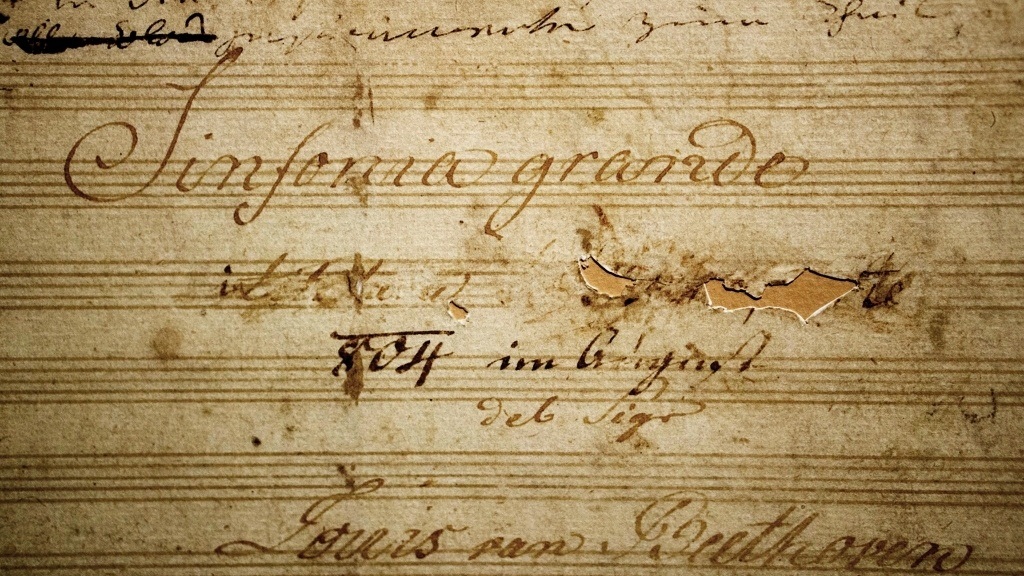Returning to Mahler in a Time of Crisis
This will be our reply to violence: to make music more intensely, more beautifully, more devotedly than ever before. -Leonard Bernstein in an address following the assassination of President John F. Kennedy, November, 1963 On Friday, November 22, 1963, Leonard Bernstein was at Philharmonic Hall, reviewing scripts for an episode of the New York Philharmonic Young People’s Concerts, scheduled to be televised the next day. When initial reports of the President’s assassination came in, …







